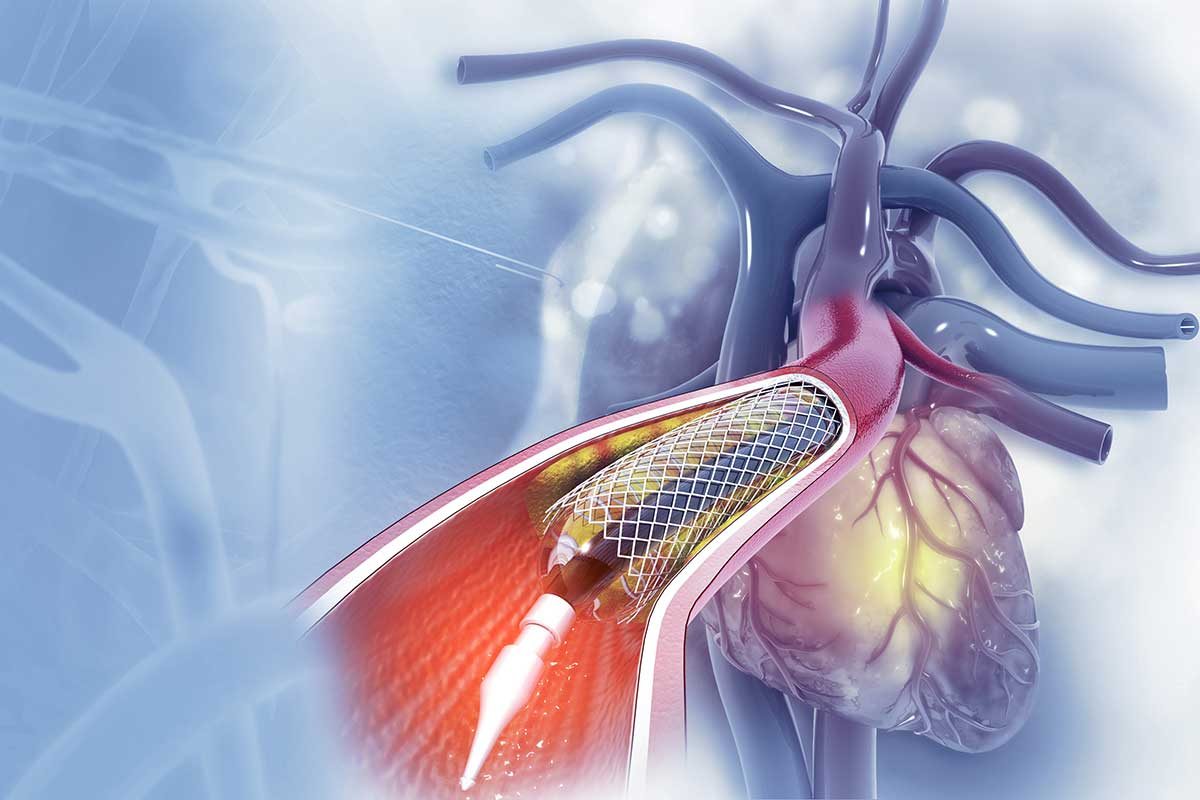Clinic Consultation is proud to offer advanced angioplasty procedures for patients in Beauharnois / QC. With a dedicated team of specialists and state-of-the-art technology, our clinic ensures a seamless experience, from initial consultation to post-procedure care. The angioplasty service is designed to address arterial blockages effectively, improving cardiovascular health and overall quality of life.
Our clinic in Beauharnois / QC is committed to providing personalized care, tailoring each procedure to meet the unique needs of our patients. We prioritize safety and comfort, ensuring the best possible outcomes.
If you’re in Beauharnois / QC and need a trusted facility for angioplasty, book an appointment with Clinic Consultation today. Our expert team is here to support your health journey with exceptional care and expertise.
Angioplasty is a minimally invasive medical procedure used to restore blood flow in narrowed or blocked arteries caused by plaque buildup. It is commonly performed to address conditions such as coronary artery disease or peripheral artery disease, reducing the risk of severe cardiovascular complications.
During the procedure, a catheter with a balloon is inserted into the affected artery. The balloon is inflated to widen the artery, and often, a stent is placed to keep it open. Angioplasty is a life-saving treatment that improves overall heart health.
What is Angioplasty For?
Angioplasty serves to relieve symptoms such as chest pain (angina), shortness of breath, and fatigue. It is an essential treatment for preventing heart attacks and improving blood circulation, making it a critical option for patients with arterial blockages.
This procedure is a less invasive alternative to open-heart surgery, allowing patients to resume their daily activities faster and with reduced recovery times. It offers a long-term solution for maintaining healthy arteries and preventing future complications.
How Does Angioplasty Work?
Angioplasty involves inserting a thin catheter into a blood vessel, usually in the wrist or groin. Guided by imaging, the catheter reaches the blocked artery. A balloon at the catheter's tip is inflated to compress plaque and widen the artery.
In most cases, a stent (a small metal mesh) is left in place to prevent the artery from narrowing again. The entire procedure typically lasts one to two hours, and patients can return home the next day with minimal discomfort.
Types of Angioplasty
- Coronary Angioplasty: Targets blockages in heart arteries.
- Peripheral Angioplasty: Treats blockages in limbs.
- Carotid Angioplasty: Addresses obstructions in neck arteries.
- Renal Angioplasty: Improves blood flow to kidneys.
- Balloon Angioplasty: Uses a balloon without a stent.
- Stent Angioplasty: Includes a permanent stent to maintain artery openness.
- Laser Angioplasty: Uses lasers to vaporize plaques.
Each type addresses specific conditions and is tailored to the patient’s needs.
When is Angioplasty Recommended?
- Coronary Artery Disease: To restore blood flow in heart arteries.
- Chronic Angina: Persistent chest pain unresponsive to medication.
- Heart Attack: To prevent further damage.
- Peripheral Artery Disease: To treat blockages in limbs.
- Renovascular Hypertension: Due to narrowed renal arteries.
- Pre-Surgery Preparation: To optimize blood flow before major surgeries.
- Stroke Prevention: For carotid artery blockages.
Pre- and Post-Angioplasty Care
Pre-Procedure Care: Patients may need to fast and discontinue certain medications, such as blood thinners. Thorough diagnostic imaging ensures accurate planning.
Post-Procedure Care: Recovery involves avoiding strenuous activities, monitoring for complications, and following a heart-healthy lifestyle. Regular follow-ups ensure long-term success.
Contraindications for Angioplasty
- Severe allergies to contrast dye.
- Active infections.
- Extensive artery blockages requiring bypass surgery.
- Poor kidney function due to contrast material risks.
- Uncontrolled bleeding disorders.
Alternatives to Angioplasty
- Coronary Bypass Surgery: Creates new blood flow pathways.
- Medication Therapy: Manages symptoms and prevents progression.
- Lifestyle Modifications: Includes diet and exercise.
- Enhanced External Counterpulsation (EECP): Improves circulation non-invasively.
At Clinic Consultation, we provide advanced angioplasty services tailored to your specific needs. Book an appointment to explore your treatment options and receive expert care.
